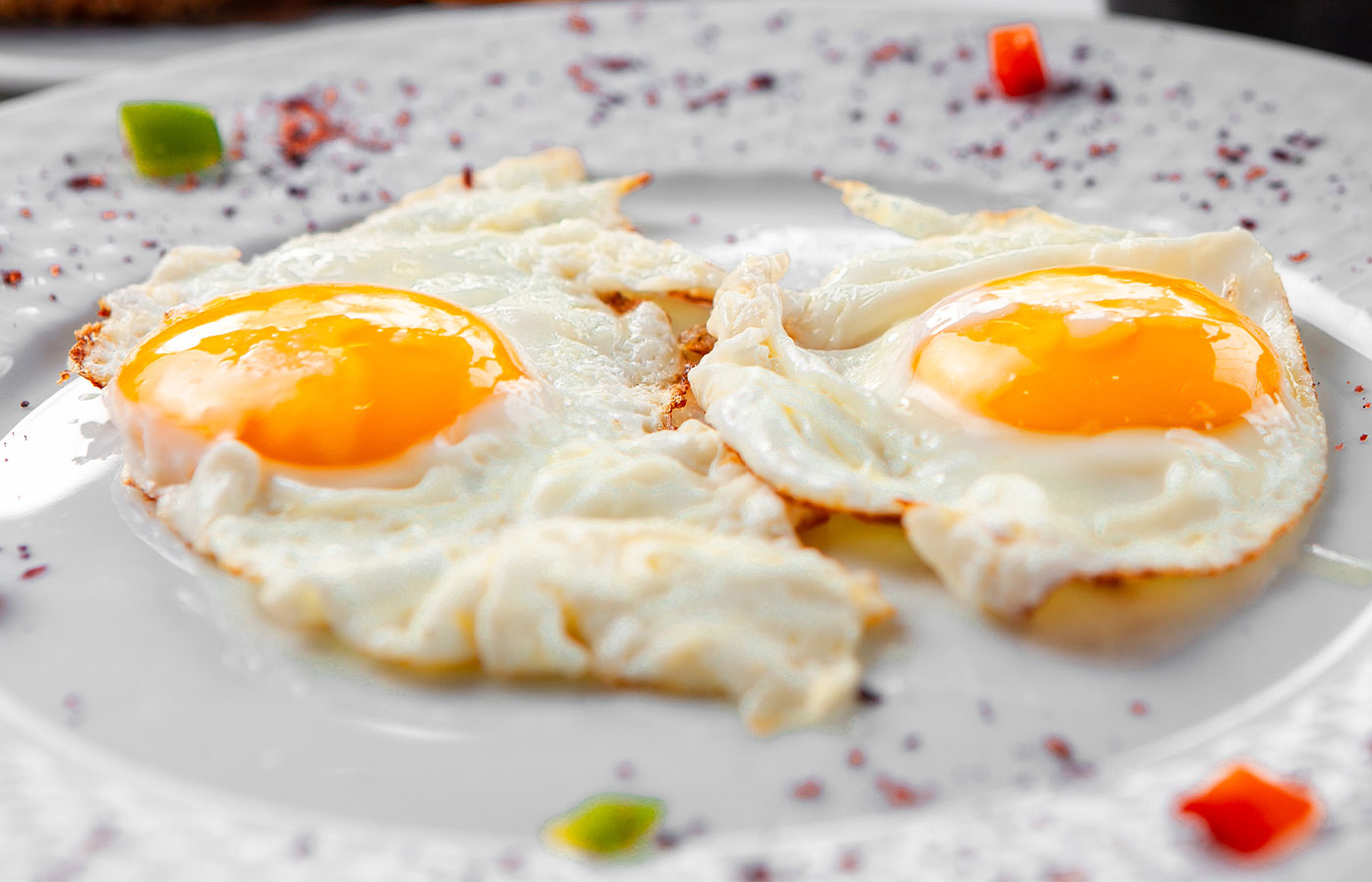In the realm of food and nutrition, separating fact from fiction can sometimes feel like navigating through a maze. Let’s clear the air around some of the most persistent nutrition myths, offering insights that are both accessible and grounded in scientific understanding. Some of these will likely be stronger than others in your mind, and the nutrition messages of the time when you were growing up, can have lasting lousy effects. For example, I have had many, many patients over the years who remain fearful of eating dietary fat, having grown up during the low fat era.
Myth 1: Eating fat leads to weight gain
The fear of fat is a relic from the days when low-fat, high-carb diets were all the rage. Yet, the belief that dietary fat is a direct ticket to weight gain persists. It’s crucial to understand that not all calories are created equal, and nutritious fats are vital for our wellbeing. Foods rich in monounsaturated fats like avocados and olives, and those rich in omega 3 fatty acids including lamb brains and oily fish, are not just good for us—they’re essential. They support heart health, reduce inflammation, and help maintain healthy cognition. Incorporating nutritious fats into your diet isn’t a misstep; it’s a move towards optimal health.
Myth 2: Carbs are the devil
Carbohydrates have also been vilified, with diets promoting low-carb lifestyles gaining popularity. However, labelling all carbs as harmful oversimplifies the complexity of how our bodies use food for energy. All starches and sugary foods are broken down to glucose. That glucose then moves from your gut to your blood and insulin’s job is to move it out of there. The glucose fuels the activities of cells and leftovers are stored in your liver and muscles (as glycogen) as fuel for later and to help maintain blood levels overnight. Trouble is, when we eat junk which is knowingly or unknowingly very high in carbs that will illicit more glucose than you require or can store, insulin will pop those leftovers into your body fat. The carbs themselves are not the problem – the amount we’re consuming can be as can the source of them. A potato and a banana aren’t the problem – the junk is. It’s not about eliminating carbs but focusing on quality and working out the ratio that works best for your unique biochemistry.
Myth 3: Eggs are bad for your cholesterol
Eggs have been unfairly demonised for their cholesterol content, leading many to avoid them or worry about how many they eat. However, most of the cholesterol in our blood is produced by the liver, not derived from our diet. Cholesterol is also vital to our health – most of it is in our brain and is crucial for memory, nerve firing and cognition. It is also the building block of our steroid hormones that give us energy and vitality: estrogen, testosterone and progesterone, for example. Rather than banishing eggs, focus on a way of eating that is focussed on food (not junk), including plenty of green leafy vegetables, to provide your liver with some of the support it needs.









